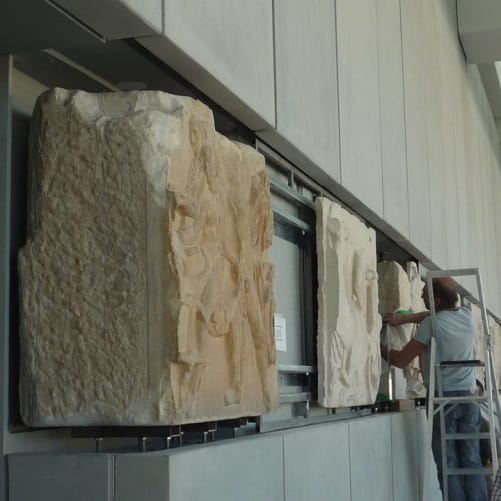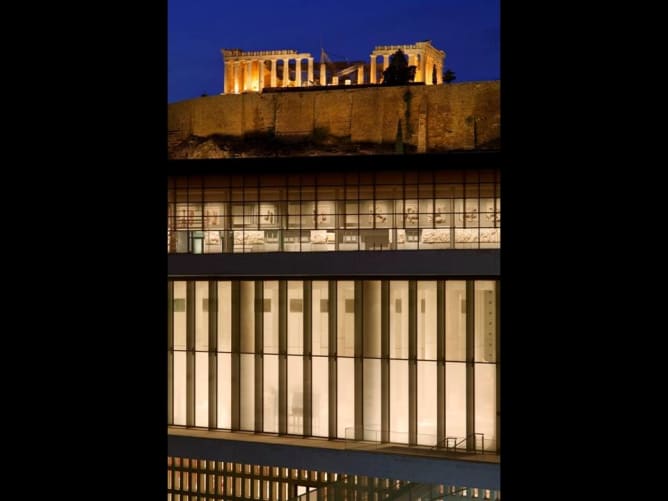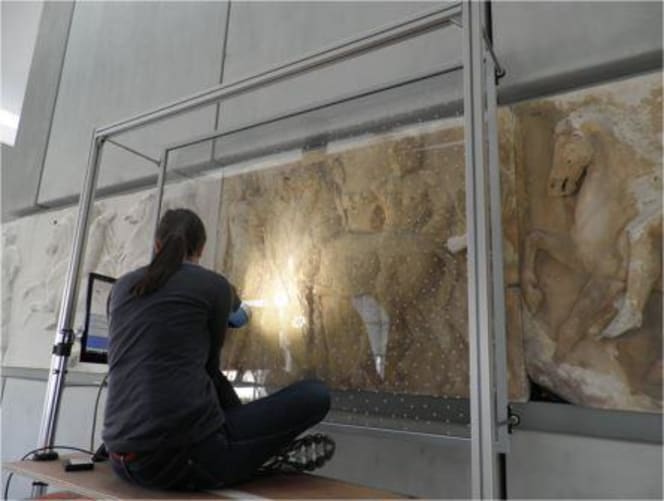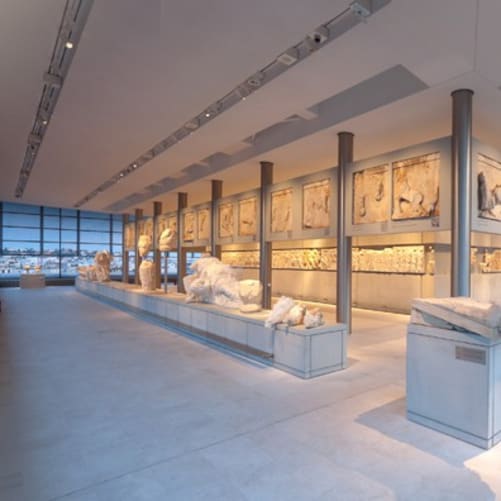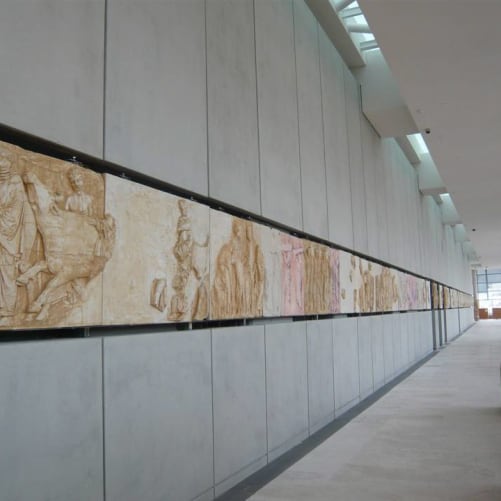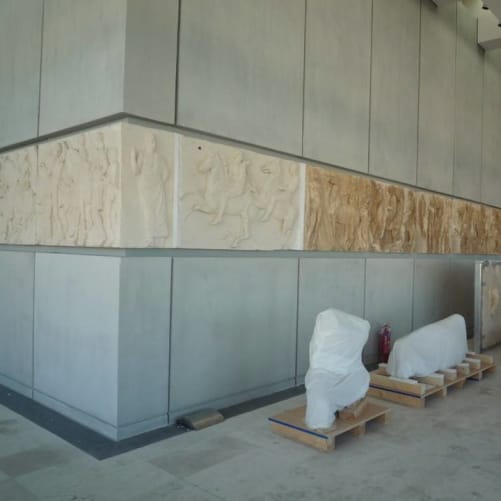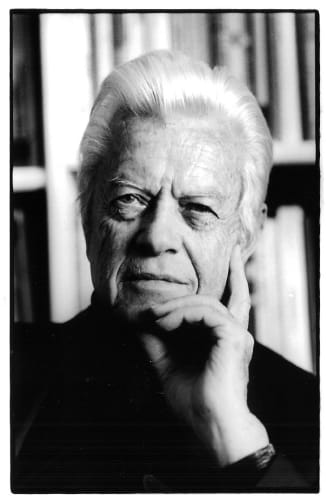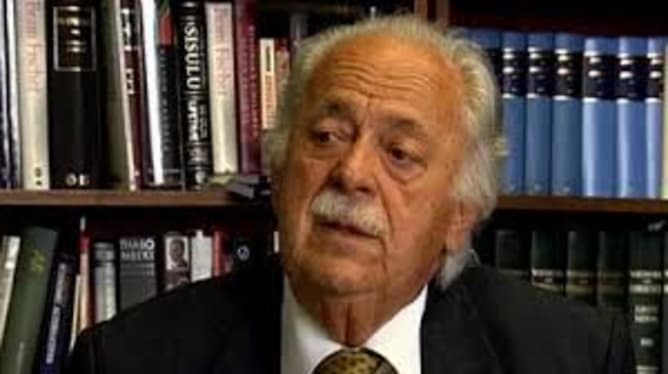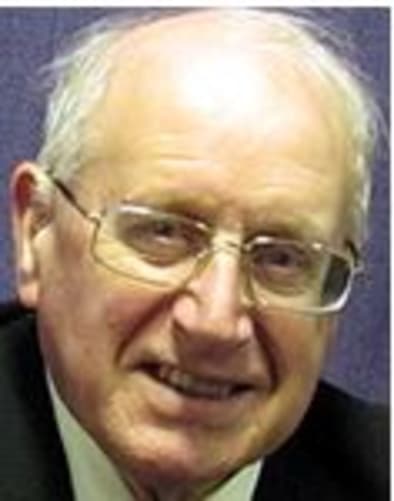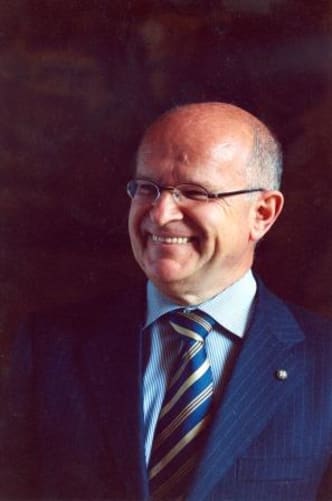The project
You may read or write hundreds of articles on the need to reunite the Parthenon Marbles. But no words speak louder than images to understand this noble cause. The mutilated Parthenon frieze speaks for itself. The original context, bathed in Attic light, provided by the splendid new Acropolis Museum speaks for itself, too. We want to produce a short film combining the power of images with the arguments of distinguished experts. The film will not be a simple documentary, but an artistic project directed by the young and talented Nafsika Guerry-Karamaounas. Please back our project with your donation!
The artist
Nafsika Guerry-Karamaounas is a young film director, scriptwriter and videographer of Greek, Swiss and British nationality. She spent the first eighteen years of her life in Geneva, before moving to Paris to study cinema and Art History at the ESEC and the Sorbonne. She speaks five languages, including Greek ! She recently presented a short film at the Cannes Film Festival and was responsible for videography, photography and global media outreach on the DEEPSEA America tour, a project of James Cameron that took place in June 2013.

Why should the British Museum return the marbles to Athens?
Now that Greece with the help of Europe has built one of the most beautiful museums in the world at the foot of the Acropolis, the moment has come to return the Marbles to Athens.
As its architect Bernard Tschumi pointed out, Lord Elgin mutilated the frieze by cutting the blocks in half and illegally exporting them to Britain.
Moreover,the technique used by the British Museum in the 1930’s to clean the sculptures damaged them irrevocably. In contrast, the Acropolis Museum today boasts the most advanced conservation methods.
Half of the Parthenon’s surviving sculptural art is immured within the Stygian gloom of the Duveen Galleries at the British Museum.
On the other hand, the other half is embellished within the transparent, glass enclosure of the Acropolis Museum. The Marbles deserve to come home and be exhibited within sight of the Parthenon, bathed in Attic light.
The Parthenon Marbles are an inseparable whole – a unique case which does not set a precedent
The reunification of the Parthenon Marbles would not constitute a precedent for other restitution claims since it is a unique case: like the shots of a film, the Marbles are a succession of images sculpted by Phidias which form an inseparable,artistic whole. It is therefore totally unacceptable that the frieze should be divided in two, with half of the original Marbles in Athens mournfully exhibited alongside the ghostly white plaster copies of their abducted parts.
This monument which represents our shared European identity was built in the 5th century B.C. during the Age of Pericles. The temple remained as a symbol of democracy. It is also an example of one of the most advanced pieces of architecture from an artistic and technical point of view.
At a time when Europe is striving to reunite the States and people divided by the twists and turns of history, it is imperative that we reunite the scattered pieces of this major monument of our European and Western cultural heritage. Reunification of the Marbles would express our gratitude towards the Ancient Greeks for their contribution to our civilisation.
This was the belief of Lord Byron, which was revived by Melina Mercouri, former Greek Minister of Culture. She managed to secure the support of UNESCO. This was confirmed by the European Parliament and more recently by the European
Commission.
Why are we against legal action?
We prefer dialogue and mediation to confrontation. We strongly believe that by informing the general public, we will gain widespread support and exercise pressure on political leaders.
We refuse to call these major artefacts the «Elgin Marbles». Their copyright belongs to Phidias and his disciples!
British public opinion is strongly in favour of the reunification of the Parthenon Marbles in the Acropolis Museum. They are aware that it is better to have them reunited in the place where they belong than divided for the most part between London and Athens.
Taking into account the total number of people who visit the British Museum every year, how many go to see the Parthenon Marbles? In contrast, it is certain that all the visitors to the Acropolis Museum will inevitably see the Parthenon Gallery.
We believe the best solution is permanent reunification, because aesthetically,culturally and ethically this is the right thing to do. Such a magnanimous gesture on the part of the British Museum would be a major gift not only to the benefit of the Greeks but to the whole world.
How can you help?
Back our project and spread the word. Your support is vital for us and for the integrity of the Parthenon Marbles!
